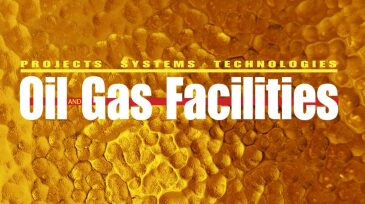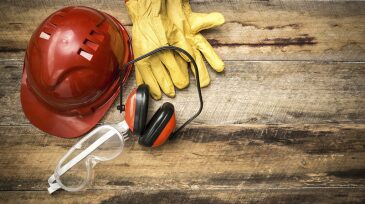Safety
The company said its frequency of serious incidents was down at the end of the year from its levels at the end of 2024.
This paper presents a novel application of artificial intelligence in computer vision for automating blowout-preventer pressure-chart-data extraction, demonstrating significant efficiency gains and a high return on investment.
This paper examines how real-time monitoring can improve both incident prevention and emergency response in the oil and gas industry. Drawing from real-world examples and case studies, it provides practical strategies for implementing this technology effectively.
-
Despite a number of recent and high-profile jetliner crashes, commercial aviation has entered into a new era of safety. There is a lot the oil and gas industry can learn from their success.
-
This paper presents a technique that results in an occupied structure being located properly and constructed to reduce the risk of harm to the occupants to a tolerable level.
-
Hybridization of power systems is known to increase energy efficiency and reduce emissions, with lower fuel consumption. This paper reviews available technologies to serve as a selection guide for planning such systems.
-
Companies have developed a greater understanding of the causes and effects of long-term fatigue on workers by adapting risk-based approaches to fatigue management. But it is important to incorporate work-site causes of fatigue.
-
Looking after the human factors in daily operations is good business because it increases employee safety and improves work performance.
-
SPE Distinguished Lecturer Patrick Hudson discussed the types of safety culture found in organizations and the ways in which companies can improve their handling of noncompliant behaviors by employees.
-
Gone are the days when missing a few fingers is a badge of honor in the oilpatch. Author, Distinguished Lecturer and Consultant Ken Arnold discusses how far the the industry has come in prioritizing safety, and what more can be done to improve it.
-
A lack of sleep and excessive lighting in the workplace can have negative long-term health effects for industrial shift workers.
-
The paper presents and discusses a solution for immersive training of industrial operators that allows experiencing the multifaceted scenarios of real-plant operations.
-
While there is no one way to prevent all accidents from occurring, organizations can develop an effective safety culture that allows them to learn from their mistakes.













